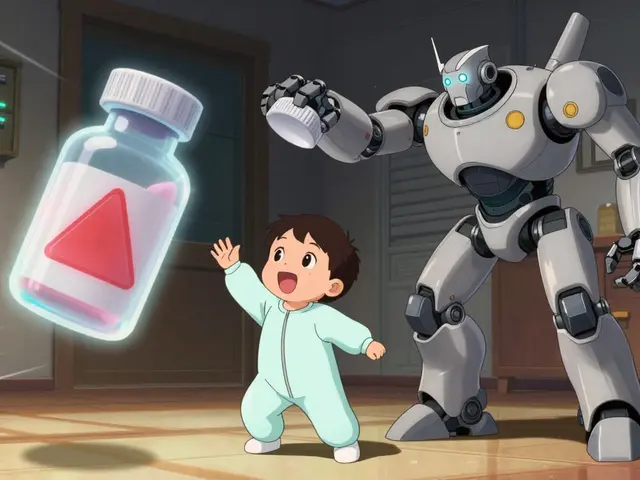Dangers of Medications: Spot Risks, Avoid Harm
Counterfeit or misused drugs can hurt more than they help. Low prices and slick websites make risky choices look normal. This page gives clear, practical steps to spot real dangers in medicines, whether you buy them online or pick them up at a store.
How to spot dangerous meds online
Watch for pharmacies that sell prescription drugs without asking for a prescription. That’s a major red flag. Legitimate sites ask for a valid prescription and list a physical address and phone number. If a site hides contact info, offers unrealistic discounts, or pressures you to buy fast—step back.
Look at packaging photos and product details. Counterfeits often have typos, blurred logos, or missing batch numbers. Check active ingredient names, not just brand names. For example, many people mix up acetaminophen and other pain relievers—too much acetaminophen can damage the liver. Some antidepressants and antipsychotics carry specific warnings (like olanzapine’s metabolic risks), and older drugs such as nefazodone are linked to rare but serious liver trouble—so check safety notes before buying.
Read reviews and search for pharmacy accreditation. In the U.S., trustworthy online pharmacies often appear on official lists or show seals from recognized organizations. Verify any seal by clicking it to confirm authenticity—fraudsters copy seals.
Quick safety checklist
Use this short checklist whenever a medicine feels risky:
- Confirm a prescription is required. If not, don’t buy prescription-only drugs.
- Verify the seller: physical address, phone number, and real customer reviews.
- Check the active ingredient and dose. Compare with what your doctor prescribed.
- Watch for dangerous interactions. Use an interaction checker or ask your pharmacist—mixing meds, supplements, and alcohol creates surprises.
- Be cautious in pregnancy or breastfeeding. Many common treatments change during pregnancy. Ask a clinician before using nasal sprays, painkillers, or herbal antimicrobials.
- Store and dispose safely. Expired or improperly stored drugs can be less effective or harmful.
- If side effects start—rash, severe drowsiness, sudden swelling, breathing problems, or persistent stomach pain—stop the drug and seek medical help fast.
Not all “natural” or OTC substitutes are harmless. Some herbal antimicrobials and so-called gabapentin substitutes have side effects or interact with meds. Always treat supplements like real drugs: check the evidence, ask a professional, and monitor how you feel.
Use reliable resources on this site for specifics—articles about buying Prozac or Famvir safely, acetaminophen risks, or antipsychotic side effects point to real warnings and practical tips. When in doubt, talk to a pharmacist or doctor. A quick phone call can prevent a costly mistake.
Stay skeptical of bargains that sound too good. Being alert and checking a few facts can keep you and your family safe from the most common medication dangers.






